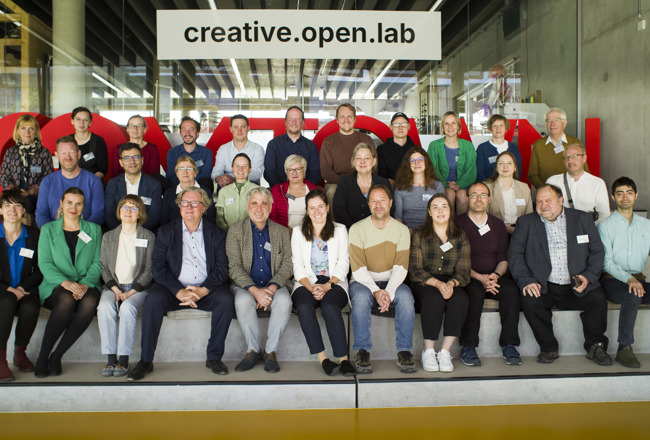- Share icon
- Share on LinkedIn
- Share on Twitter
- Share on Facebook

Apparently, if you wander the streets of the post-industrial city of Cottbus in east Germany, Brandenburg's second largest city, you can spot at least 14 variations on the spelling of the city's name in the Sorbian language: Chóśebuz. I can think of towns in Wales where you will have a similar experience!
This is one of many comparisons that could be drawn between the situation of the Welsh language and that of the Sorbic languages, Slavic languages spoken by the Sorbs in the historic Lusatia region. The Sorbs are one of the four indigenous minority ethnic groups officially recognized in Germany. Lusatia is divided into with two main minority languages are spoken there: Lower Sorbian in the urban area of Cottbus and Upper Sorbian in the rural areas of Upper Lusatia, part of present-day Saxony.
But the situation of the Sorbian language is in fact very different from that of the Welsh language,and that is why the Welsh Language Commissioner's office was invited to give a presentation about the role of the Commissioner and the difference that the Welsh Language (Wales) Measure 2011 has made to the status and position of the Welsh language. The organisations that seek to promote the Sorbian languages have reached a kind of crossroads in their history and need to decide on the best way forward to secure the future of their languages. To help them plan the next steps, they organised a conference aimed at bringing together experts representing other languages to share the structures in place in their countries and to give them insider knowledge on the successes and challenges that remain.
The organisers’ ambition was to have an open and honest dialogue among the invited contributors from Brittany, the Isle of Man, Ireland, Ladinia and Wales. They wanted to dig beneath the surface and find out more about the structures than could be read in a book or on a website. There were a series of discussion panels per language on the first day followed by practical workshops on the second day. Here is a link to the programme.
Being in the company of a minority group in Germany on 8 May and remembering the horrors of war and how minorities in particular suffered in that country, was a sad and sobering experience. We were all reminded of the fundamental importance of linguistic rights and the importance of respecting, protecting and celebrating linguistic, ethnic and cultural diversity.
It was a privilege to present the successes and challenges facing Wales today to such an enthusiastic group of scholars and policy makers who are desperately trying to find the most effective structures to ensure the viability of their fragile languages. I also felt a little shy at times to realise how privileged we are in Wales to have the structures, strategies and policies that we currently enjoy. There is still more to be done here, of course, but there are many other languages in Europe that are envious of our situation. That should give us a sense of pride and gratitude. But it should also be a catalyst for us to persevere in trying to innovate in the field of language planning. For the vitality of Welsh, and the vitality of other languages so keen to learn from what’s happening in Wales.
Photo by Clemens Schiesko
